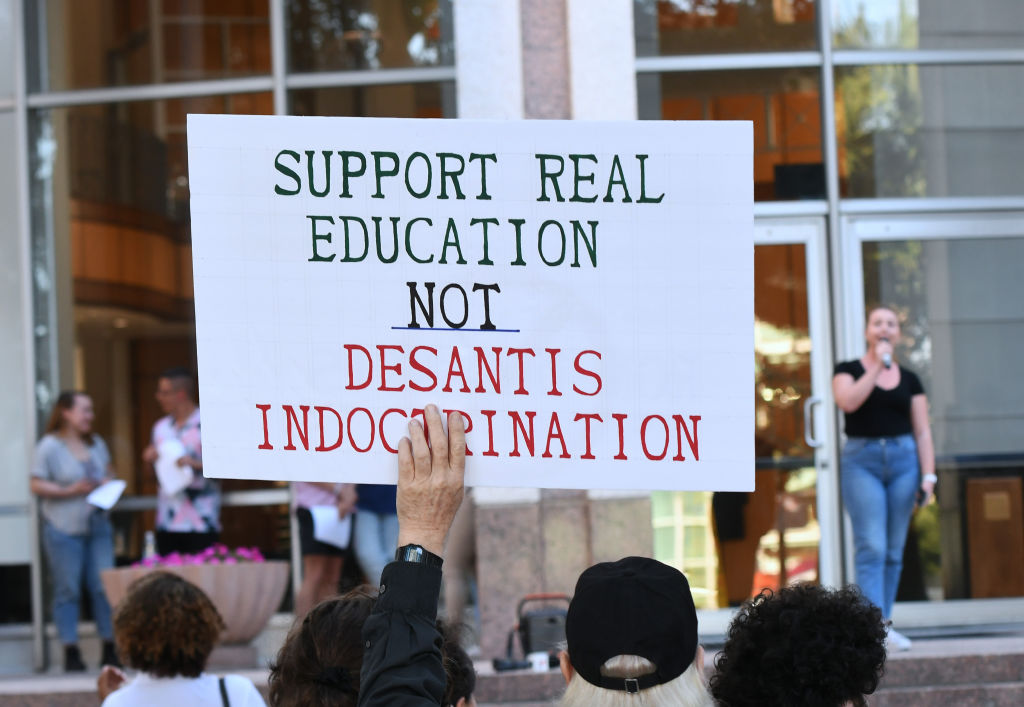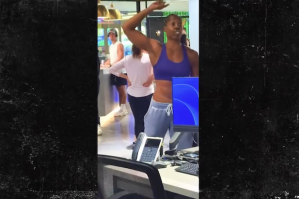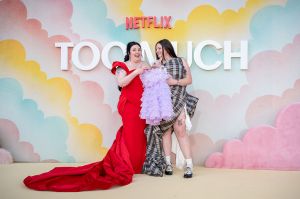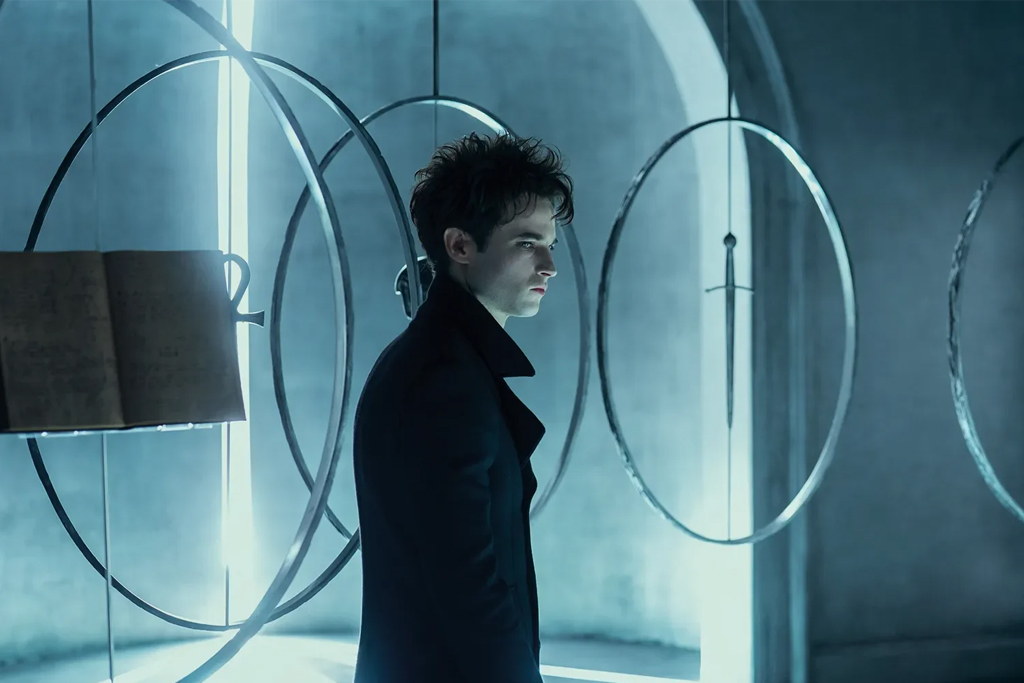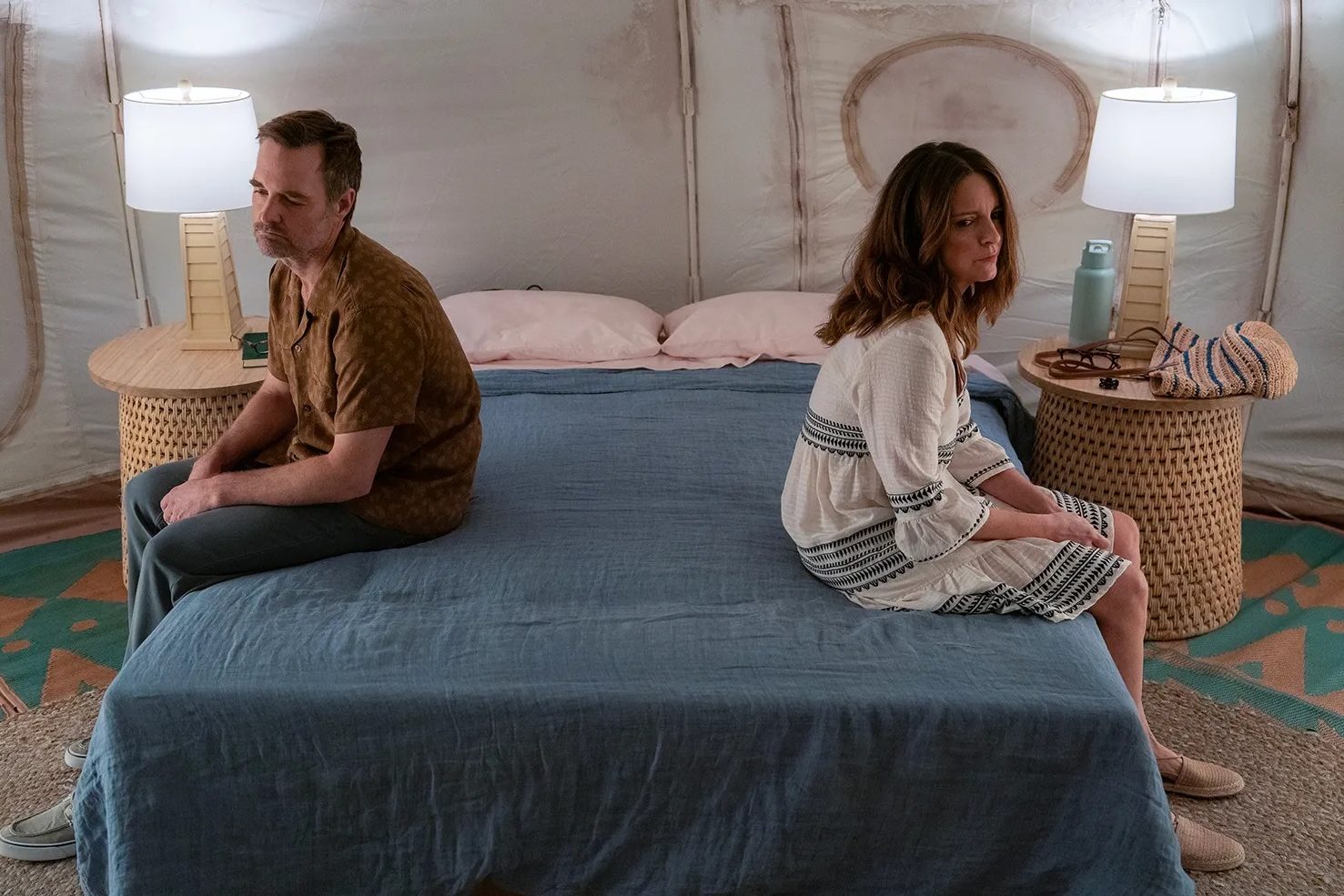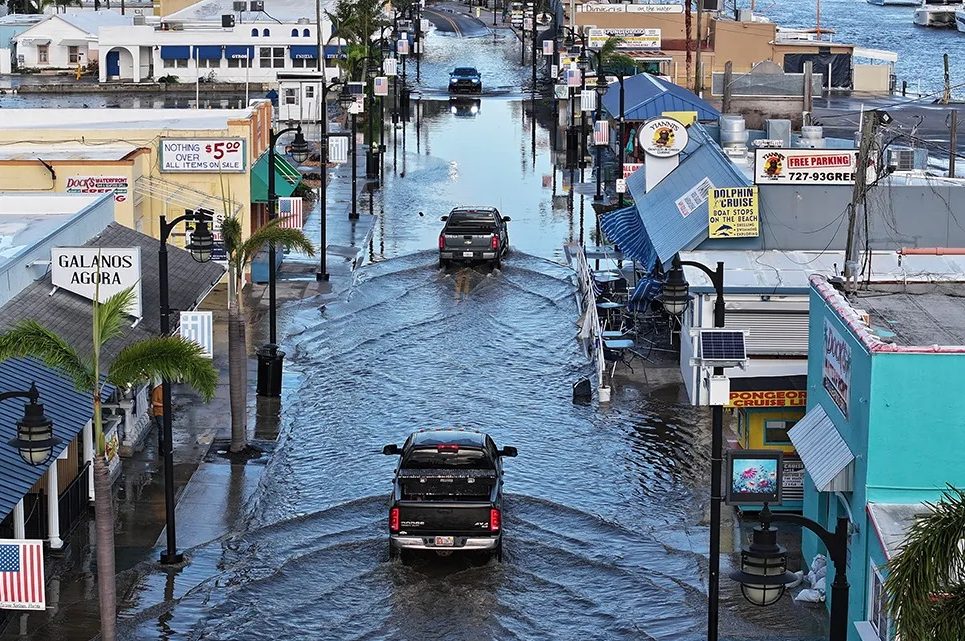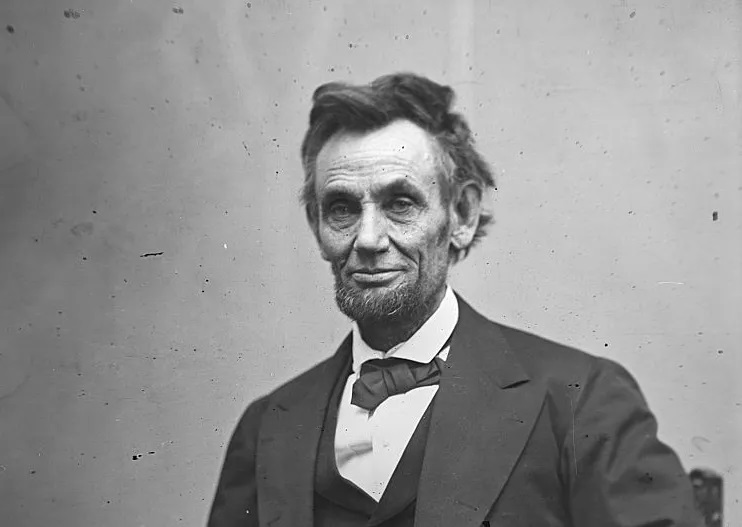The left is hard launching its response to the parental rights movement sweeping the country, and it has settled on a nifty phrase: “book bans.”
Numerous media headlines, advocacy organization press releases and activist social media posts have decried the so-called right-wing Christian fascists attempting to stifle intellectual freedom by pulling scores of books from school libraries and classrooms.
PEN America, a nonprofit group of writers committed to free expression, has described the effort by parents to exert some influence over what books children are exposed to in school as “deeply undemocratic”. Children are “losing access to literature”, the group says.
Maryland Governor Wes Moore asserted in a recent commencement address at Morehouse College, an HBCU, that politicians are trying to “ban books and muzzle educators.”
This framing of the issue evokes the “Satanic Panic” of the 1980s-90s and the ensuing outrage over books and games that featured magic and witchcraft, such as the Harry Potter series and Dungeons & Dragons.
Opponents of “book bans” have also claimed that the intent is to target books with LGBTQ+ themes and, more generally, anything relating to race and gender.
“Over 50 percent of the attempted book bans last year involved books with LGBTQ+ characters & themes,” Chelsea Clinton tweeted. “Books are a vital way that children, adolescents and adults learn about themselves and our world.”
The left’s spin on “book bans,” though, deliberately oversimplifies the issue — and leaves out the fact that the most challenged books contain sexually explicit content that is obviously unsuitable for children.
Most of the recent challenges come from members of the parental rights movement, a grassroots cause that emerged during the pandemic. Parents began organizing over concerns about lengthy school closures, mask and vaccine mandates, curriculum on radical gender ideology and critical race theory, and certain policies regarding transgender students.
In addition to diving deep into school curricula and teaching materials, some parents conducted unofficial audits of public school libraries. In October 2021, Fairfax County, VA parent Stacy Langton stood up at a school board meeting and exposed what she had found in her child’s library: books containing graphic descriptions of oral sex and cartoons depicting minors engaged in sex acts. As Langton read the contents of the books, a school board member interrupted her speaking time, telling her to censor her language because “there are children in the audience here.”
The school board apparently did not see the irony in telling Langton she could not read from the books in case children were present, while those same books could be checked out of a school library.
The two books Langton brought with her to that school board meeting were Lawn Boy by Jonathan Evison and Gender Queer by Maia Kobabe, which have become central to parent complaints and have indeed been removed from many school libraries.
Both have LGBTQ+ themes, but more importantly, are sexually explicit. Lawn Boy features an adult male reminiscing fondly on oral sex he gave to another boy when he was ten years old: “All I could think about while he was chatting me up over the rim of his cappuccino was his little salamander between my fourth-grade fingers, rapidly engorging with blood.”
Gender Queer, which was listed as 18+ on Amazon when it was found in school libraries, features a cartoon image of young people playing with strap-ons and engaging in oral sex. On another page, characters have a graphic discussion about masturbation, including the phrase “vagina slime.”
The passages contained in those books are so obviously inappropriate for minors, particularly without parental consent, that even leftists who otherwise oppose the “book bans” have balked when confronted with them.
Ari Drennen, a transgender activist who works with Media Matters, for example, lashed out at the Babylon Bee’s Seth Dillon when he claimed Chelsea Clinton was supporting “porn for kids.”
“Weird way to tell us you’re yanking it to children’s books, Seth,” Drennen replied.
When Dillon responded with photographs of the pages from Gender Queer, Drennen shifted his criticism: “Hey Seth I think you meant this for my DMs, you just sent me an unsolicited drawing of a blowjob.”
The other books that have consistently drawn ire from parents and have been the subject of bans similarly contain sexually explicit, if not pornographic, material.
Let’s Talk About It by Erika Moen and Matthew Nolan was available for middle schoolers in libraries across the country. The book features naked drawings of “women” with penises and “men” with vaginas, rejects male and female sex distinctions entirely, shows kids how to use butt plugs and do anal douching, downplays STDs, and says children should “research fantasies and kinks” by watching pornography.
This Book is Gay by Juno Dawson explains how to find sexual partners online, features graphic descriptions of various types of sex — “Oral sex is popping another dude’s peen in your mouth” — and has a glossary of terms that includes information about poop-eating fetishes and sex toys.
All Boys Aren’t Blue by George M. Johnson contains troubling depictions of child sex abuse, incest, and anal sex.
Flamer by Mike Curato includes stories about discovering pornography, male masturbation and circle jerks.
Media stories about these books, though, often exclude the reason parents were upset to find that their children had access to them. NBC News, for example, expressed sympathy for a teacher who offered This Book is Gay to her middle school students.
“An Illinois teacher offered her middle schoolers a bestselling LGBTQ-themed book,” a tweet about the situation said. “Parents filed a police report over her book choice.”
Not once in its article, which also featured an extensive interview with the teacher, did NBC News mention that the book talked about sex at all. Instead they described This Book is Gay as a “entertaining and informative ‘instruction manual’ for anyone coming out as lesbian, gay, bisexual or trans.”
The left and the media’s spin on the “book ban” issue seems to be an attempt to cover up the depravity children are being exposed to. It’s also trying to make the entire concept of book reviews and challenges by parents unpopular. According to a poll from the American Library Association, 71 percent of voters said they opposed efforts to remove books from libraries, including 70 percent of Republicans. No one enjoys being the uptight fuddy-duddy who is terrified of children encountering anything remotely subversive. The idea of banning books also sparks revulsion in the many Americans with libertarian sensibilities when it comes to issues of speech.
However, if the issue is framed correctly, voters support the efforts of parental rights groups. A Rasmussen poll found that 69 percent oppose “books containing explicit sexual depictions of sex acts” being present in high school libraries. Seventy-nine percent oppose them in middle school libraries, and 85 percent oppose them in elementary school libraries.
Research from the Heritage Foundation also found that the left is intentionally exaggerating how many books are actually being removed from libraries in order to manufacture a crisis. Outside of the aforementioned books containing sexually explicit material, most of the books on PEN America’s list of banned content are actually still available in libraries. Poet Amanda Gorman recently claimed that her inaugural poem for President Joe Biden was “banned” and “censored” in Florida, which was misleading because the poem was merely moved from elementary school libraries to middle school libraries.
The left’s claim that conservatives are solely responsible for “book bans” naturally engages in revisionist history, anyway, since they were behind attempts to get rid of classic literature like To Kill a Mockingbird and The Adventures of Huckleberry Finn. Although those books contain racial slurs, when put in the proper historical context, they can be valuable tools for addressing and learning from racism. There is no valuable context under which a young student should be learning about “scat” or “butt plugs.”
Nonetheless, it appears the Biden administration will attempt to target school districts that remove sexually explicit and pornographic material from libraries. The Department of Education recently ruled in response to a complaint about proposed “book bans” in Forsyth County in Georgia that, because the books that were set for removal contained black and LGBTQ characters, the school district “may have created a hostile environment for students.”



